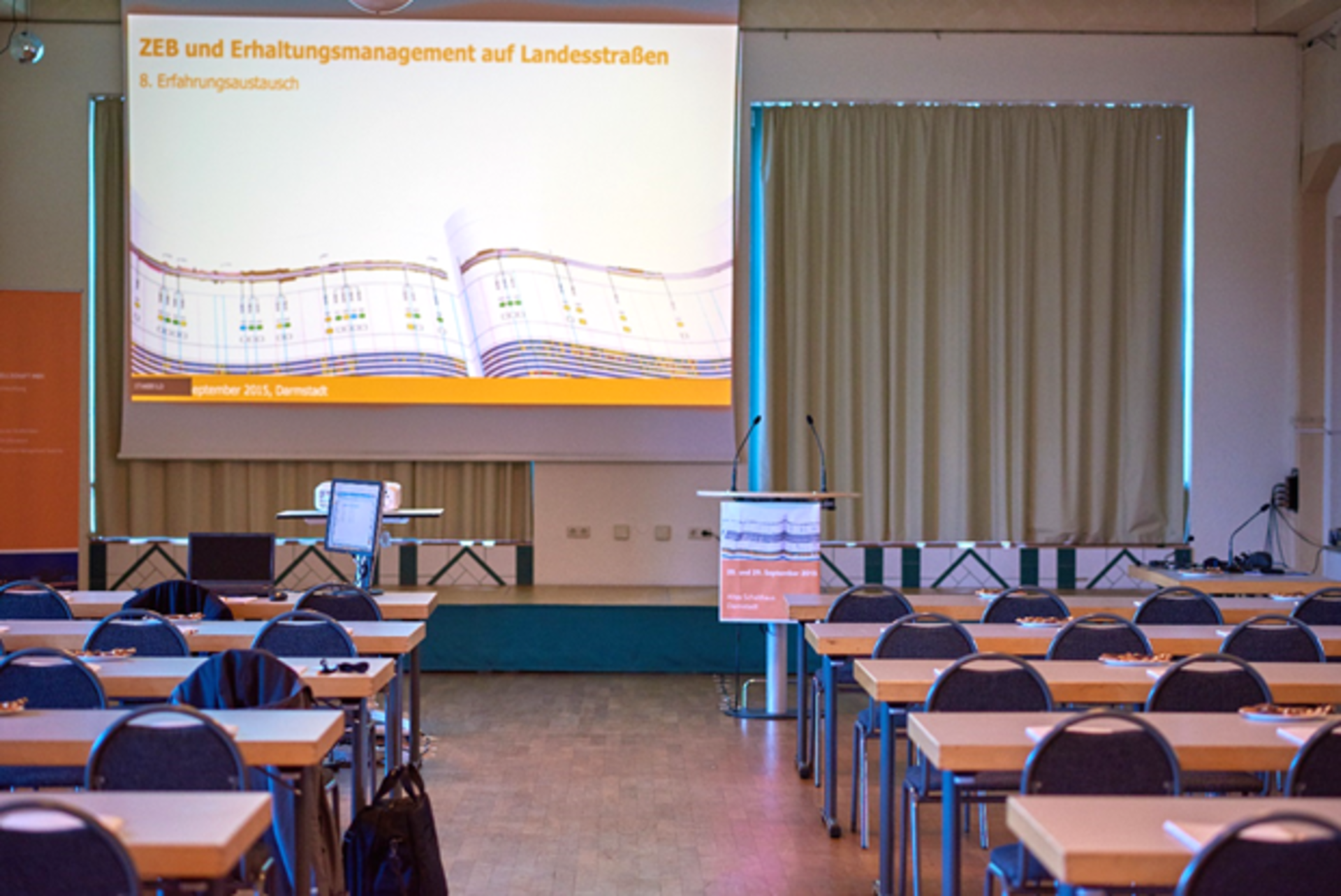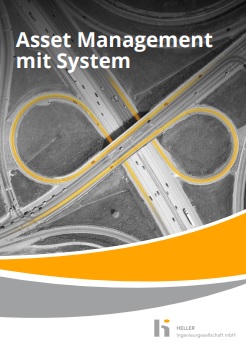ZEB and maintenance management on state roads

The practical procedures from maintenance management have to be adapted to the new requirements or extended by successful approaches from other disciplines, such as controlling by means of key figures.
The condition survey and assessment (ZEB) has been providing important information for the operational and strategic management of roads for more than 25 years. Not only the federal government and the states but also the majority of administrative districts and larger municipalities regularly carry out surveys in accordance with the ZEB standard. While the further development of the processes and applications in maintenance management has so far been driven forward by users in the federal states, there are also significant innovations from the districts and municipalities. Therefore, the exchange of experience has been broadened to provide a platform for districts and large municipalities as well. We are very proud to again have won renowned experts and experienced users for our event, who presented their experiences on current developments and were available for discussions.
In addition to the representatives of the Federal Ministry, the Federal Highway Research Institute, the State Ministries and Authorities as well as of the districts and municipalities, numerous guests from abroad, especially from neighboring Poland and Austria, joined the event.
We would like to thank City Councilwoman Cornelia Zuschke for the excellent opening of the event. Her report on the situation of the infrastructure of Darmstadt showed that its improvement is a long-term project and requires a systematic approach and management in times of tight budgets and changing challenges.
Prof. Dr. Ulf Zander (Head of the Department for Road Construction Technology at the Federal Highway Research Institute) explained thoroughly the background and possibilities of evaluating the substance.
As in previous years, most specialist topics were presented by the representatives of the federal states. We would like to sincerely thank Rainer Kretz (Hessen Mobil), Andreas Dormeier and Roland Degelmann (Bavarian State Ministry of the Interior for Building and Transport), Sascha Klinkhart (Landesbetrieb Straßen.NRW), Thomas Moser (State Office for Road Technology of Baden-Württemberg), Martin Pozybill (Ministry of Transport and Infrastructure of Baden-Württemberg) and Daniela Schlotzhauer (State Authority for Road Construction and Transport of Lower Saxony) for their excellent contributions.
We would also like to particularly thank Dr. Ulrike Stöckert from the Federal Highway Research Institute. She gave the participants a well-founded overview of the revised evaluation procedures of the ZEB on federal highways.
Particularly noteworthy are the brilliant presentations from abroad. Mario Krmek (ASFINAG) presented how the substance of the Austrian highways is evaluated and how the maintenance is controlled using indicators. Two very interesting reports on the maintenance management of voivodship roads came from Poland. Zbigniew Tabor (Director of the Silesian Road Administration) and Agnieszka Kowalewska, representing Waldemar Królikowski (Director of the Road Administration of Ermland-Masurian), presented highly innovative approaches to manage the maintenance of road networks comparable to German state roads. For the first time, there was a contribution from Portugal, presented by Ana Filipa Correia Maceira on behalf of the newly founded company Infraestruturas de Portugal.
The maintenance of the district and municipal roads also requires efficient management. Thorsten König and Gerd Bredschneider (Esslingen/Göppingen) and Matthias Straus (Rems-Murr) showed how the process of maintenance planning can be organized and optimized at the district level. Winfried Specht described how the City of Wiesbaden has been working successfully with ZEB data for more than 15 years and which particular challenges have to be taken into account in the maintenance of inner-city areas.
We would like to thank the speakers and participants for the very successful event! The next exchange of experience is already planned. We would be very pleased to welcome you in Darmstadt.


